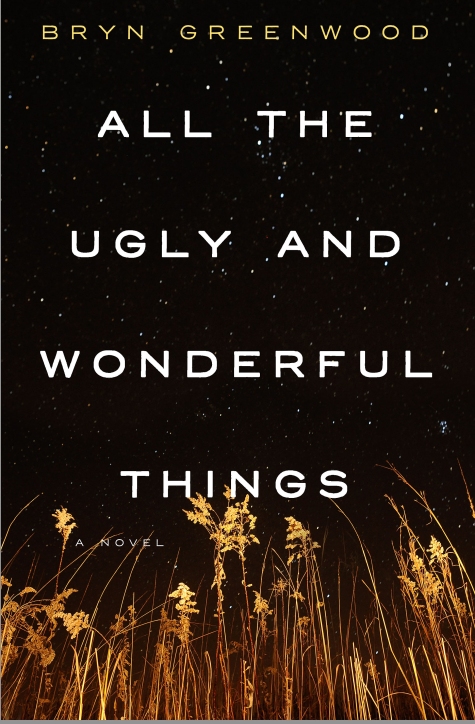The short answer: nothing.
When I read about writing, I write nothing. It’s not that the reading takes up all my time. After all, when I read about other things, I still find the time to write. I can have a book on 18th Century Chinese commerce on one hand and a novel about an African marine biologist in the other, and at the end of the day, I can still write a thousand words about a bull riding mishap that caused an Oklahoma high school boy to limp for the rest of his life. The more stories and ideas you put in my head, the more stories come out.
The instant I start reading about writing, however, the whole mechanism stutters to a halt. John Gardner, Julia Kristeva, Stephen King, Susan Sontag. It matters not one whit whose wise and erudite commentary on the methods or moral obligations of writers that I read, I flounder.
I don’t even understand why. I only know that it has always been the case. For as long as I am telling the stories of these people who inhabit my mental space, the work is effortless. As soon as I begin to question why I’m telling this story or the implications of how I tell it, the whole thing falls apart and I find myself questioning every word that goes on the page.

What dog hair?
Sometimes I suspect it’s a kind of magic–one of the few superstitions I indulge in. When I focus on the stories as the stories of real people, it’s as though I’m transported on a magic carpet. If I try to look under the hood, so to speak, to investigate thematic issues or narrative constructs, I discover I’m sitting on a rug in my living room. It doesn’t fly. It doesn’t transport me to new places. It just covers the floor and collects dog hair.
When I used to teach freshman composition, my one plea to my students was that after the semester was over they would burn their literature essays and forget everything I taught them. Go back to reading for pleasure, I told them. Go back to the joy of a new story whose ending you don’t know. Go back to the joy of an old story with a familiar and comforting ending. Forget all this dissection and analysis. Forget about what the awkward and grisly innards of stories look like.
Twenty years after I left grad school, I’m still working on that myself. I’m hobbled somewhat by the fact that I now look at so many stories from a writer’s perspective. Like a mechanic investigating an engine, for the familiar, for the innovative. Still, my greatest pleasures are those moments when I read something that makes me forget I’m a writer.







Instead of cooking, I find myself ordering takeout after flipping through my cookbooks; it seems as if, by inundating myself with recipes, I don’t care to make any of them. I wonder if that is similar to what you experience about the lack of drive to write after reading about writing?
I also don’t like to read about writing for fear of piercing the “magic” as well. In fact, I have books on writing that were curriculum in screenwriting courses I took during my film school days, but since they were never actually referenced in the classroom, I didn’t crack them, and all these years later, still never want to.
I’ve also pledged to myself never to write about writers in my novels. To me that would be self-indulgent and lazy. I stuck a writer briefly in one of the coffeeshops in Godblog, just to poke a little fun at my writing in coffeeshop days.
I mostly will not read novels about novelists. I read King’s Misery, but that’s about my limit. I’ve read a ton of essays and books on writing, but I find now that I’m daily in the thick of the actual writing, I can’t do it. It sucks something out of me.
“Forget about what the awkward and grisly innards of stories look like.” Interesting. I have to do that also when I write reviews. It is the rare reader who cares about the construction of a novel. Readers want to know why they should (or should not) spend their time and money on a book they hope will transport them in some way. I abhor reviews that nitpick on how a book was put together.
I think this is why my reviews are not of much use to anyone. I only write them to jog my own memory, and to help me understand what did or did not work for me. That almost always filters in some way through my perceptions as a writer, which is why I can’t imagine they’re much good to other readers.
Same here — I don’t want to read novels about writers, either.